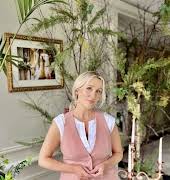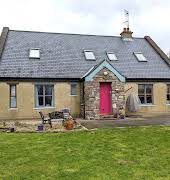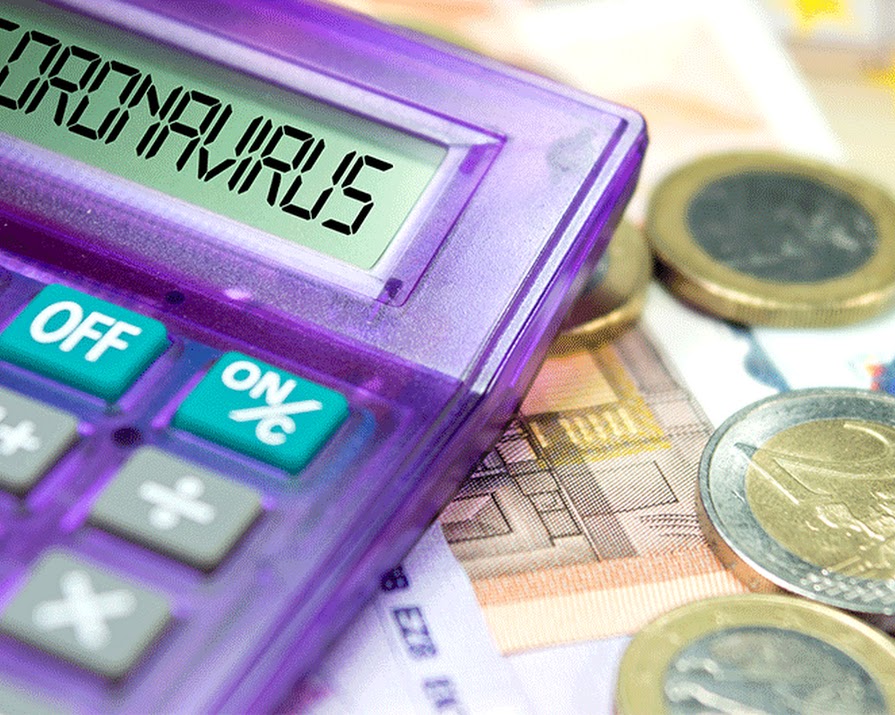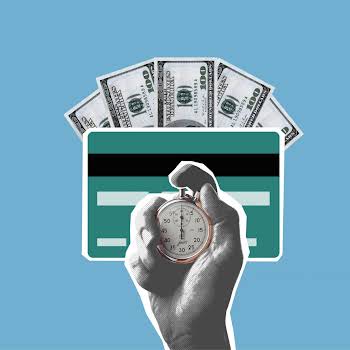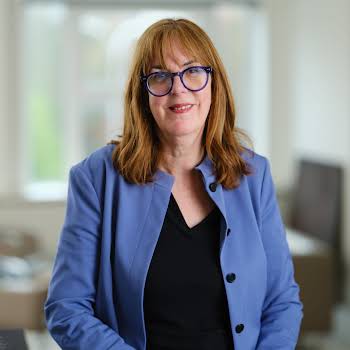Your money questions answered in our virtual Let’s Talk Finance session with Sinead Ryan
By Eva Hall
09th Apr 2020
09th Apr 2020
For those who tuned into our Let’s Talk Finance session with Melanie Morris and Sinead Ryan last night via Zoom, we hope you’re all making your lists now. Here’s a recap of some of your money questions, answered.
Wednesday saw an IMAGE first: our first virtual event, Let’s Talk Finance, sponsored by BMW.
IMAGE group contributing editor Melanie Morris was in conversation with finance expert and journalist Sinead Ryan via Zoom to talk everything from Covid-19 payments from the State, to pensions, mortgages, phone bills and everything money-related in between.
IMAGE readers submitted questions for Sinead to answer. Here’s a recap of some of them.

Sinead Ryan and Melanie Morris in conversation on Zoom for the virtual Let’s Talk Finance session, sponsored by BMW. Photo: IMAGE
Should I take the mortgage break from my bank?
Sinead: “Unless it is absolutely necessary, in other words you’ve lost your job because of coronavirus, do not take that moratorium that’s on offer. And the reason is because it’s been billed as a payment ‘holiday’, which can give the impression that it’s a freebie, or that the banks have been really, really kind and generous in offering this break to people.
“We know from old that that’s not how banks normally think.
“Yes, they are offering a break or moratorium for three months – you don’t have to pay your mortgage. However, the amount you don’t pay is simply lifted up and put onto the back of your existing mortgage. With it, carries interest, all the way to the end of the term. Or what they’ll do is take an extra amount over the rest of your 10 years or 15 years to pay it back, with interest.
“So, for instance, somebody who has a mortgage of €300,000 with 10 or 12 years left on it, by not paying the €1,500 a month that they are paying now, that €4,500 becomes and extra loan on your original mortgage, so it carries an interest loan of its own, and that would be in and around €900.”
Sinead recommends visiting the Banking and Payments Federation of Ireland website bpfi.ie which will show you all kinds of mortgages (such as tracker) and how it will work.
How do you start saving?
Sinead: “Saving is like anything else, it’s really, really easy to do if it becomes habit. You wouldn’t say to me, how do you start brushing your teeth? It’s about it becoming an every day and ordinary thing to do.
“When you start saving, most people start with ‘well I’ve no money, I’ve nothing to save’. But what you wouldn’t say is ‘I’ll only pay my electricity bill when I’ve spare money’, or ‘I’ll only pay my rent when I’ve leftover money’. We prioritise in our head about our spending. Really it’s a decision about making saving a need, a necessary item, rather than something you do with leftover money. Because then we never ever have any.
“So the trick to that is to set up a savings account attached to your current account, you can do it on an app, online, in five minutes and it’s free, because banks don’t charge for deposit accounts at the moment. And this is the crucial bit: on pay day – not when you’ve the leftover money – drop an amount of money into that savings account.”
Sinead revealed she has four savings accounts – all for free – and uses to save for different milestones like a new car, or a wedding.
What are your tips for self-employed people at this time?
Sinead: “The important tip for self-employed people that have lost their business, is that they are also entitled to apply for the pandemic support payment of €350 a week. I would absolutely go and apply for that straight away, your accountant will sort out all the other bits (such as whether you have to pay tax on it) at the end of the year.
“For others who may not be self-employed but are working from home, their companies are allowed give them €3.50 a day for a support payment, for extra electricity, heat and lighting.
“For other people who are self-employed, this is a time to mind your money. Self-employed people are brilliant at concentrating at what’s important and stripping out all the stuff that’s not, so I would be doing that exercise of managing your income over the next three months. Work out what you have coming in, what you can get support on, and what you have going out more importantly.”
Should I continue to pay my pension?
Sinead: “I’m going to preface this question by saying it depends on what age you are. Pensions are very long-term saving instruments – and there is no better way to save your money than through a pension in Ireland because there is maximum tax relief for it. There are three lots of tax relief: one on the premiums gone in, one on the the front when you’re in there, one on the lump sum when you come out.
“If you’re finding your pension contributions are too expensive, certainly if your work has been cut, it is possible in a lot of cases to take a payment break on your pension. Most pensions have this built in already up to six months, for seasonal workers and things like that, so this won’t be a new thing for them if you ring them up and say ‘can I take a break on my pension’?
“You won’t get the tax relief when you’re on the payment break.
“If you’re in your 30s, 40s, or even early 50s I would say go for it if you need it. If you’re in your 60s, and you’re planning on retiring soon, I’d be very reluctant to take a payment break from my pension. Because what’s going to happen is stocks worldwide and shares are going to be down and take a massive hit, it’ll take a little bit of time for them to recover and if you’re retiring this year, next year or the year after, you’re going to need all the time you can get to do that.”
As Melanie said in the online session, now is a great time to “do a Mrs Hinch on your finances”. Stay tuned to image.ie for more of our virtual sessions, sponsored by BMW.
If you found the IMAGE Let’s Talk Finance virtual session informative, stay tuned to our website and social channels, Twitter and Instagram, as we announce more.



